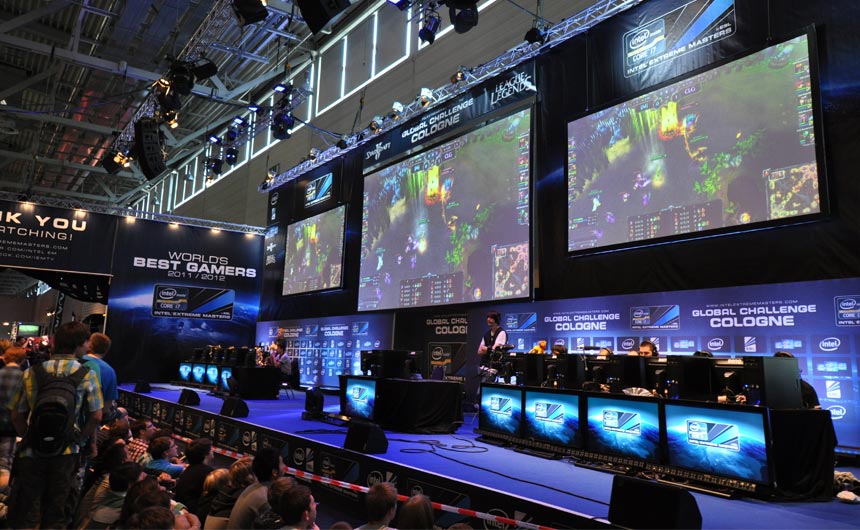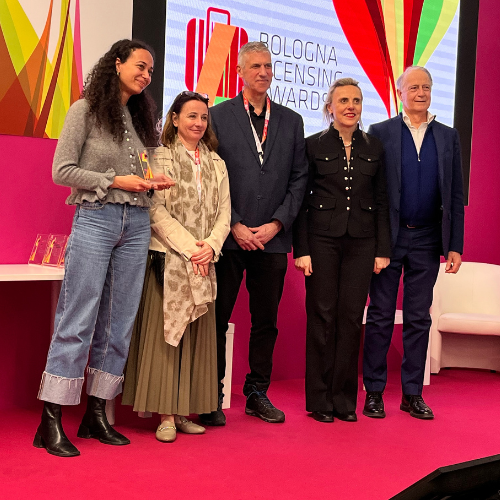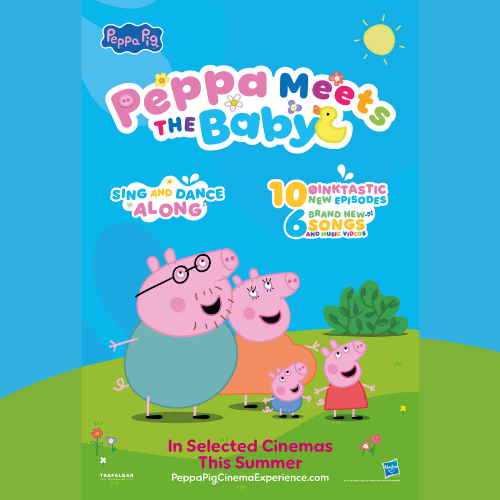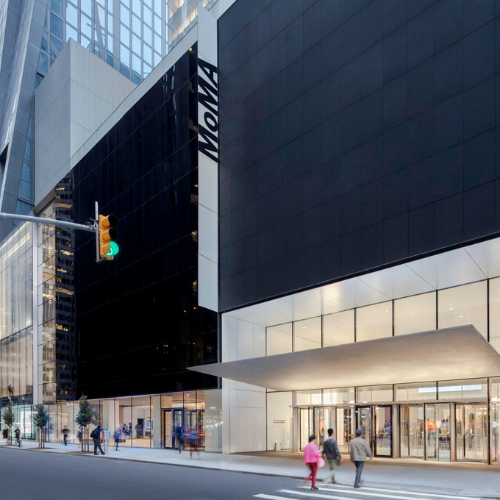‘Esports is a great opportunity to get brands out there and for team merchandise.’
Thanks to the digital revolution, gaming is now a social experience. And nowhere is this more evident than in the esports scene, where hundreds of thousands of people swarm to stadiums and arenas to watch teams playing games live; with millions more watching the action online.
At Brand Licensing Europe, the keynote panel on the first day discussed the growing esports industry.
The global gaming market is forecast to reach $109bn this year, up 7.8% on 2016 figures. It’s still a growing industry, particularly around mobile gaming. However, the buzz word on many people’s lips is esports.
The esports scene is relatively small compared to the mobile or console gaming space – forecast to be worth $696m in 2017 (but that has more than doubled from 2015) and expected to reach $1.1bn by 2019. But it is the phenomenal growth and sheer number of people that esports touches that has the attention of sponsors, advertisers and media around the world.
The IEM World Championship, held in Katowice, Poland earlier this year, drew 173,000 fans to the stadium event with a further 46 million unique viewers watching the event online. These are amazing statistics, with esports now rivalling traditional sports for the public’s attention. In the UK in 2016, around 6.5 million people follow esports. The vast majority of these are males (69%) and aged between 21-35 (NewZoo insights, 2017).

“Esports fans are real sports fans, no different to any other sport such as football or NFL,” says Ashley Maidy, vp and head of global licensing and partnerships for Activision. “They want to engage with the sport and the players, just as any other sport fan does. Esports provides a major opportunity from a consumer products stand point. There are teams, leagues and players. It’s a very organised business and quickly becoming part of society.”
It’s a sentiment that Mark Howsen, commercial development director for Sony Interactive Entertainment Europe agrees with. “Esports will definitely widen out to reach more non-gamers in the future. At the moment it is mostly gamers, but this will develop as the sport develops. One of our fastest growing areas is hardware for esports, just shows how popular it is becoming, with a lot of potential for licensing.”
From a licensee’s point of view, Richard Radford, vp of licensing at Bioworld International said: “Esports is a great opportunity to get brands out there. But it’s not just the IPs themselves, people want to be associated with a team, so there is a great opportunity for team merchandise.”
The esports scene in the States is very developed, with players earning millions and new leagues launching like the Overwatch league from Activision Blizzard. The owners of the New York Mets baseball team and New England Patriots NFL team are just two of the big names who have bought rights to an Overwatch League team. In the UK, the scene is a lot smaller and hasn’t been as well organised.
But this will settle down, according to Seth Barton, editor of MCV. “There are still a lot of leagues and teams on the UK scene and it is not always easy to pick who to do deals with. But this is changing. There’s a lot of commercial potential in esports in the UK.”

































